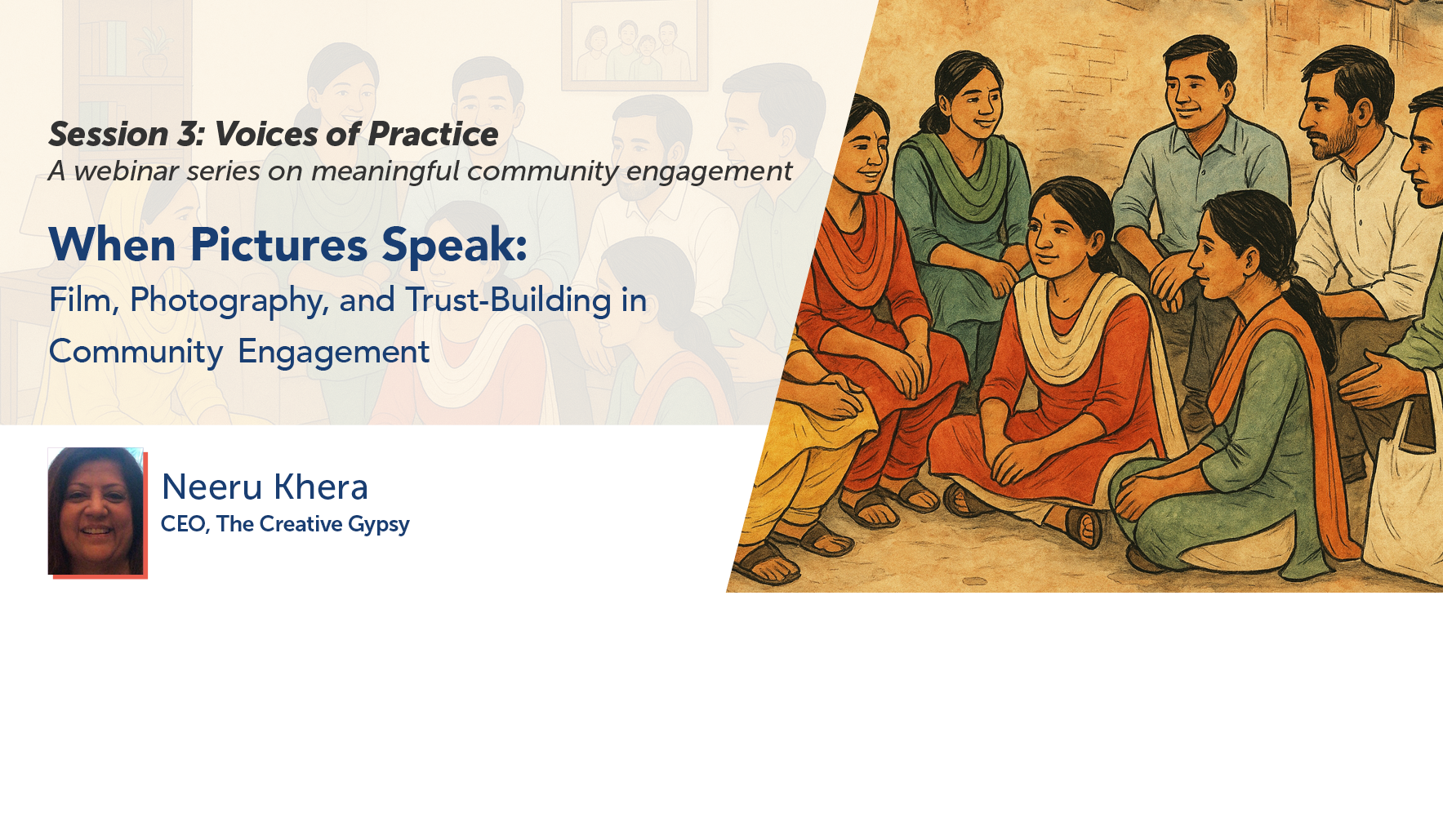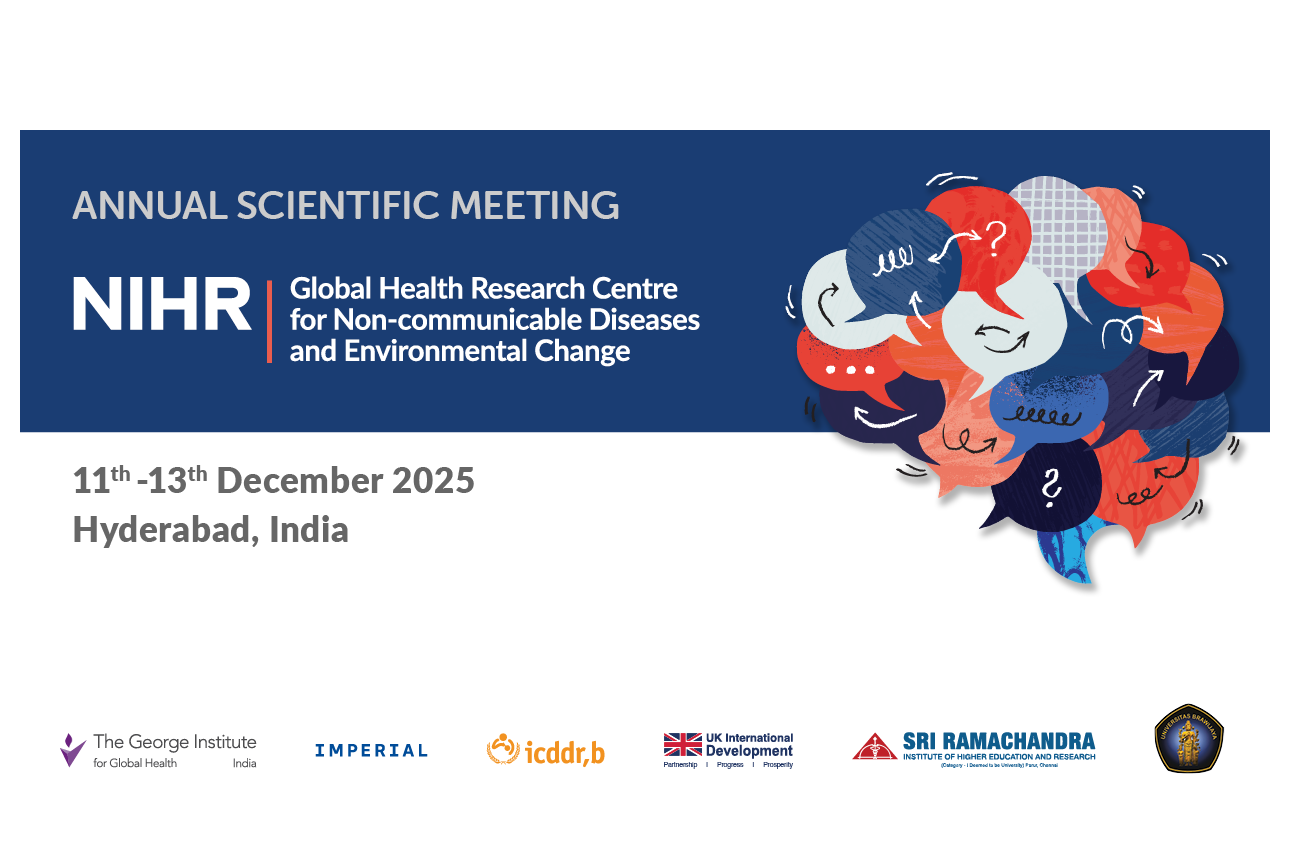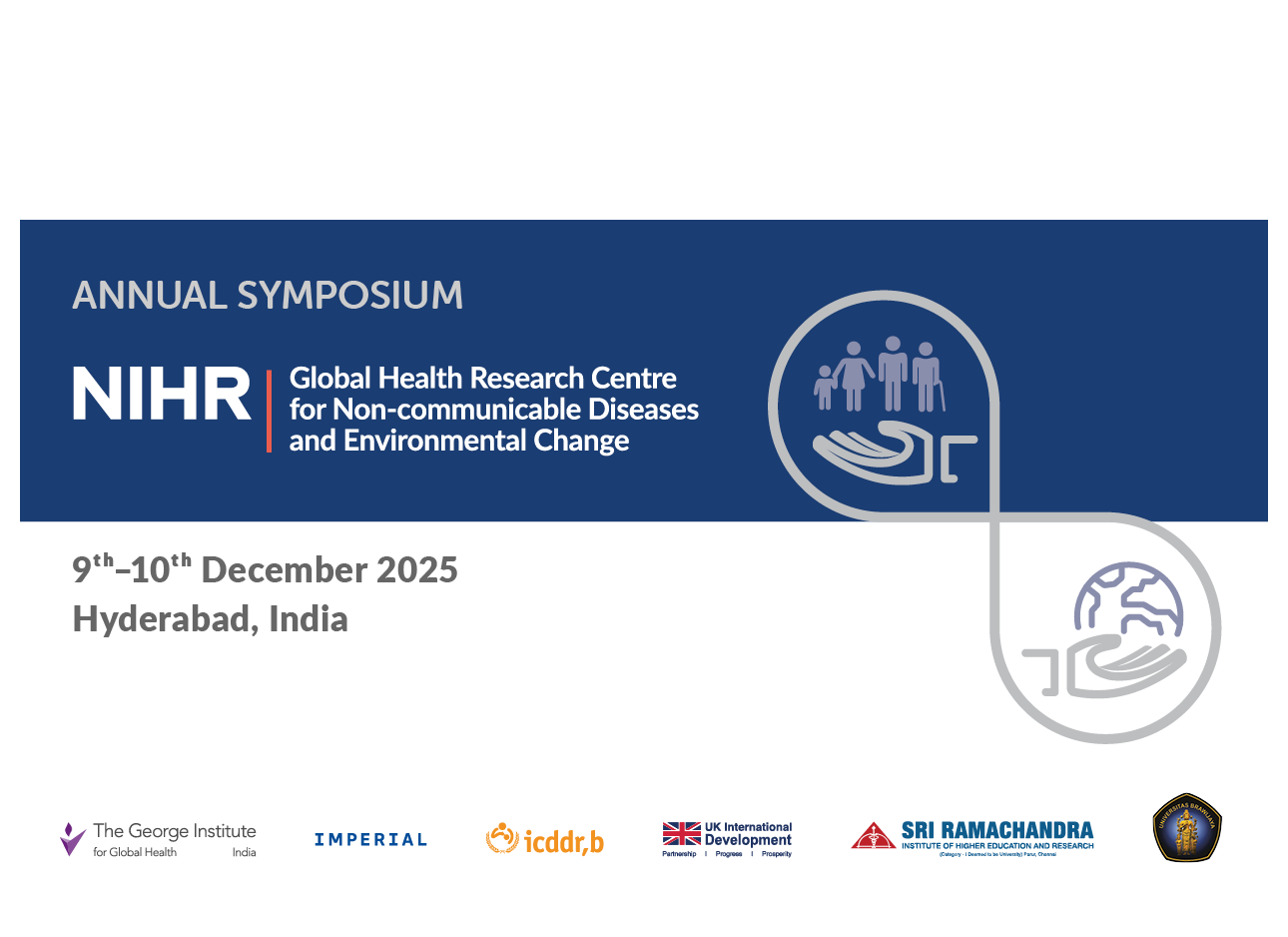Heat affects the environment and people in intricate ways which makes it an important area of study. Since a large part of heat research happens on the field and often in extreme temperatures, it comes with its own set of challenges. Through this blog, we, a team of researchers from Sri Ramachandra Institute of Higher Education and Research, share an experience from a routine field visit in Srikakulam district, Andhra Pradesh, India.
Our work primarily revolves around profiling the ways and the extent to which people from different areas in Andhra Pradesh are exposed to heat and on evaluating the effectiveness of the implement Heat Action Plan (HAP) in the state. During these field visits, the team was tasked with measuring the environmental heat and its effects on people’s lives. To this end, the team interviewed people on different aspects of heat exposure. This blog outlines the challenges the team encountered in the field and offers reflections on how to overcome them.
Challenge 1: Getting started
A successful field visit depends on numerous factors, such as whether the instruments being used are properly calibrated and whether there is an understanding of community behavior. For instance, many respondents leave for their workplaces early in the day, so it was essential for the team to meet them in the morning when they had time to interact. Additionally, the day’s data collection is also contingent on obtaining permissions on the same day or a day prior.
Solution: To effectively manage the planned work, it’s crucial to have a comprehensive strategy in place. To save time, this strategy should include scheduling fieldwork on time, obtaining prior permissions before starting work, and ensuring thorough preparation before each fieldwork session.
Challenge 2: Impact on physical and mental health
Despite using protective gear such as caps, scarves, sunglasses, and sunscreen, heat sensations can have a negative impact on the fieldwork. At different time points, some the researchers reported signs of tremendous physical stress, such as severe headaches, myalgia, and muscle cramps, when they had to travel for extended periods from one respondent’s home to another. Many of them felt quite irritable because of prolonged heat exposure. The situation was further aggravated by the need to carry heavy equipment and the absence of shaded areas for resting. Additionally, the lack of adequate drinking water facilities in the field resulted in dehydration among the researchers.
Solution:These challenges can be managed by providing ample hydration and rest breaks for researchers, adjusting their workloads with rotation shifts, and equipping them with foods like salads and fruit juice to beat the heat. Most importantly, fostering a support team environment and offering post-fieldwork support for decompression and recovery are crucial.
Challenge 3: Poor sanitation facilities
Often, there aren’t proper toilets in the field. This challenge prompted the team to limit their water intake, which in turn may lead to increased kidney-related problems if done persistently during periods of intense heat. Poor sanitation conditions disproportionately affect female researchers.
Solution: Setting up portable toilets at the fieldwork sites provides researchers with easy access to restroom facilities. Recognize the unique needs of female researchers and ensure that restroom facilities are accessible, safe, and adequately equipped to address their requirements.
Challenge 4: Monitoring Environmental Parameters
The team used a calibrated portable heat stress Wet Bulb Globe Temperature (WBGT) monitor to assess the community’s environmental heat conditions. Researchers must stabilize the device for 15 to 20 minutes in each household before taking readings. As a result, the researchers must toil in the sun to stabilize the instrument. Having only one set of instruments in the field made it extremely difficult to meet the daily target.
Solution: To address the challenge, researchers should carry extra sets of WBGT instruments to the field.
Challenge 5: Questionnaire administration
Our team set the target to interview 20 participants in a day. Nevertheless, the intense heat made it difficult to continuously interact with the respondents. Some researchers and field investigators were filled with anxiety, prompting them to rush to complete the survey to meet their targets. Continuous conversations in excessive heat resulted in fatigue and sore throat.
Solution: Scheduling flexibility allows for avoiding the hottest parts of the day. Our team encourages rotating team members, regular hydration checks, and rest breaks.
After enduring long travel times and scorching temperatures in the field, the team used to return to the research station exhausted and in need of rest. Skipping meals to meet deadlines and the lack of resting places at the field site contributed to their fatigue, which also delayed the data entry process. Quick data entry is recommended to identify any errors while memories from the field visit are still fresh.
Solution: Prioritizing rest and recovery upon returning to the research station is crucial for recuperating from exhaustion. Providing meals immediately post arrival is also recommended for ensuring quick recovery of field staff. Additionally, teams should strive to find accommodation closer to the field sites or set up mobile camps to minimize travel time and fatigue. Having dedicated personnel to support data entry processes can also expedite the critical task of entering data while memories are still fresh. Standardized protocols for post-field conditions can streamline processes and foster open communication channels for feedback to ensure a continuous improvement in fieldwork management strategies.
Future recommendations for field teams conducting heat research:
- Flexible fieldwork schedules: To enhance productivity and reduce heat exposure, schedule data collection in the morning or late afternoon; allow for breaks and workload adjustments; and ensure optimal outdoor conditions.
- Task rotation: Create a schedule for team members to rotate through different tasks throughout the day. For example, if your survey involves data collection, one team member could handle the survey while the other member could manage the equipment setup or take a break.
- Field station infrastructure: To get some respite from heat during breaks and data collection activities, researchers should establish temporary field stations with shaded areas, cooling fans, and hydration stations. Portable tents or shelters should be used for remote locations.
- Personal protective equipment (PPE): Researchers should wear heat-protective clothing like lightweight cloths, wide-brimmed hats, sunglasses, and sunscreen, and consider using cooling vests or neck wraps with evaporative cooling technology to regulate body temperature and enhance comfort in hot environments.
- Preventive measures for heat-related illnesses: Implement preventive measures for heat-related illnesses, including training on recognizing symptoms, regular hydration checks, and monitoring weather forecasts. It’s also important to stock field kits with rehydration solutions, electrolyte drinks, and first aid supplies for immediate response.
- Communication and coordination: Develop clear communication guidelines for field teams to coordinate activities, share updates, and address heat stress issues. For remote locations, the team can use mobile phones or two-way radios to maintain contact with each other and provide timely assistance as needed.
- Field logistics and support: Ensure logistical support for field operations, including transportation, lodging, and supply management, and collaborate with local authorities or community partners to ensure access to necessary amenities.
About the authors: The field team was led by Prof. Vidhya Venugopal, Country Director – NIHR GHRC NCD-EC, Department of Environmental Health Engineering, Sri Ramachandra Institute of Higher Education and Research. Other members of the team are Mr. Sajeeth Kumar S and Mrs. Gayathri KG (Project associates), Ms. Sandhiya Bharathi S (Ph.D. Research Scholar), and PG research trainees- Mr. Ranjith S and Mr. Kailasam K. The team’s work deals with understanding the impact of climate change-induced heat on health.
This research was funded by the NIHR (Global Health Research Centre for Non-communicable Diseases and Environmental Change) using UK international development funding from the UK Government to support global health research. The views expressed in this publication are those of the author(s) and not necessarily those of the NIHR or the UK government.






